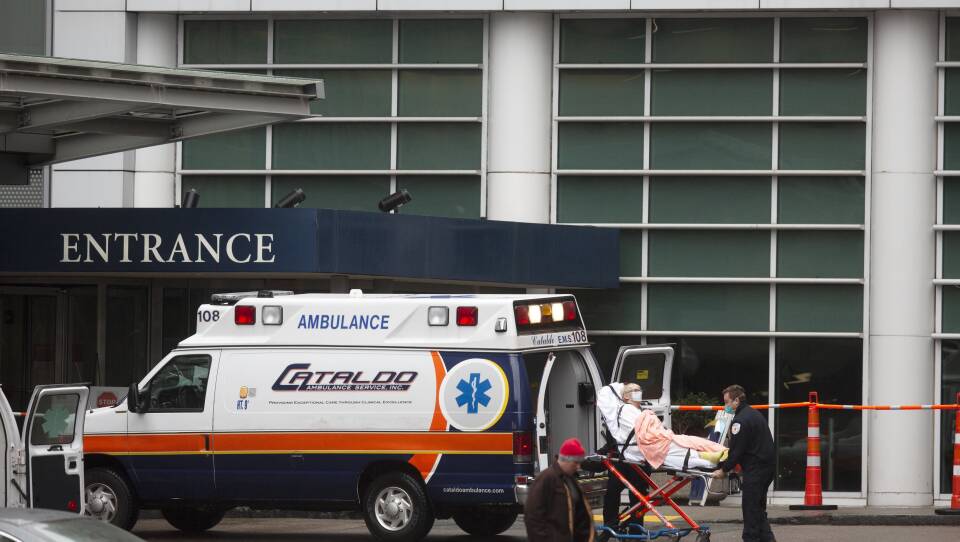Updated Friday, July 22 at 12:57 p.m.
Lawmakers on Beacon Hill and advocates across the state are pushing to expand a taxpayer-subsidized health care plan. If approved, the budget provision would mark the largest health care expansion in Massachusetts since the Affordable Care Act passed in 2010.
Under the spending plan that legislators sent to Gov. Charlie Baker this week, a two-year pilot program would extend ConnectorCare coverage to tens of thousands of residents and families who earn up to 500% of the federal poverty level. ConnectorCare is currently available only to residents earning up to 300% of the federal poverty level, which amounts to $40,770 for an individual or $83,250 for a family of four.
“An estimated 37,000 people would be expected to be newly eligible,” said Alex Sheff, director of policy and government at the advocacy group Health Care For All Massachusetts.
Despite the high rate of insurance coverage in Massachusetts, Sheff cited data showing that a quarter of residents have unmet health care needs due to cost, and about half of residents have reported challenges affording care.
“There are also stark disparities with Black and Hispanic residents far more likely to face challenges affording care than their white counterparts,” he said.
But not everyone thinks the expansion is a good idea. Critics like Josh Archambault, a senior fellow with the Pioneer Institute, see the idea as a “financial cliff.”
“The funding runs out in two years, so they're going to have to pull from education, public safety, infrastructure, any other priority going forward,” Archambault said.
Archambault said the expansion would also shift the cost from private insurance companies to taxpayers.
“It's a Band-Aid approach,” he said. “It covers up the underlying problems and I think the Legislature needs to get serious about making the health system a lot more affordable.”
Among other things, Archambault recommends more price transparency and more affordable options for patients.
Sheff defended the funding approach, saying it is designed as a pilot so lawmakers can examine its impact.
“We want to see if it's having the desired outcome,” Sheff said. “Is it helping people get access to care? Is it closing some of the gaps we see in terms of disparities? And if it is, well, then there would be good reason to continue to invest in it.”
Correction: An earlier version of this story incorrectly stated what year the Affordable Care Act was passed.







